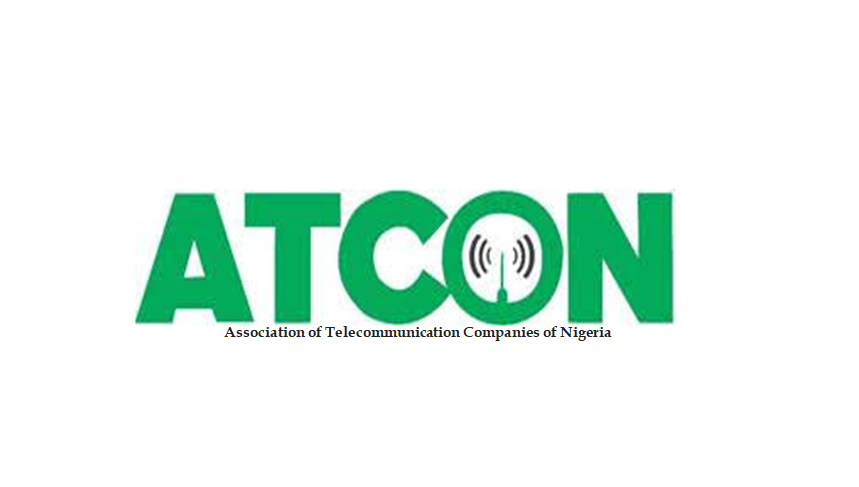The dispute over the unstructured supplementary service data (USSD) debt between Nigerian banks and telecommunications carriers appears to have flared up again as telcos revealed yesterday that the debt has increased to N80 billion.
Gbenga Adebayo, the Chairman of the Association of Licensed Telecommunications Operators of Nigeria (ALTON), made this announcement in Lagos and issued a warning that telcos would cut off service to defaulting institutions.
As of April 2021, the USSD debt was N45 billion, as you may recall. If the threat comes true, bank customers will experience difficulties with transfers and other service-related transactions.
The majority of banks’ digital channels are already overloaded, which results in epileptic services. Sources claim that the problem has been made more difficult by the widespread resignation of the majority of the banks’ IT specialists, who have moved abroad.
Even though USSD is crucial for banks to offer a variety of services to their clients, it is run by telcos. USSD is a technology that enables text messaging between users’ SIMs and bank clients.
Adebayo said while some banks are making payments, others have remained unconcerned at the NITRA ICT Growth Conference 2.0 with the theme “Creating a Digital Ecosystem in Nigeria: The Hurdles, The Gains”.
He stated that in light of past debts, telecom companies may decentralize the USSD services. Approximately a year and a half ago, when the issue initially gained attention, the debt was less than N40 billion, but because the banks “refused to comply and pay as and when due, the debt continued to climb,” reaching about N80 billion, he claimed.
Commenting on the inclement operation environment under which this sector operates, Adebayo stressed that over 40 different taxes are imposed on the operators by some state governments. He claimed that the issue has become a significant headache for the industry.
he, therefore, advocated for an end to the national tariff regime saying that ALTON was open to the possibility that businesses could set discriminatory prices.
“I don’t see why hostile states should not be treated the same way they are treating operators. Friendly states will be treated the same. Plans are on to introduce discriminatory prices, especially those states, which see telcos as a cash cow,” Adebayo Speaking on the increased number of core technology staff members quitting their jobs and moving abroad, Adebayo claimed that many of the relocations are unnecessary.
He claimed that some professionals who leave the country wind up working as social workers despite not having the appropriate jobs. To boost the country’s ability to retain experts, he urged for increased security and the economy.






Comment
No comments found.